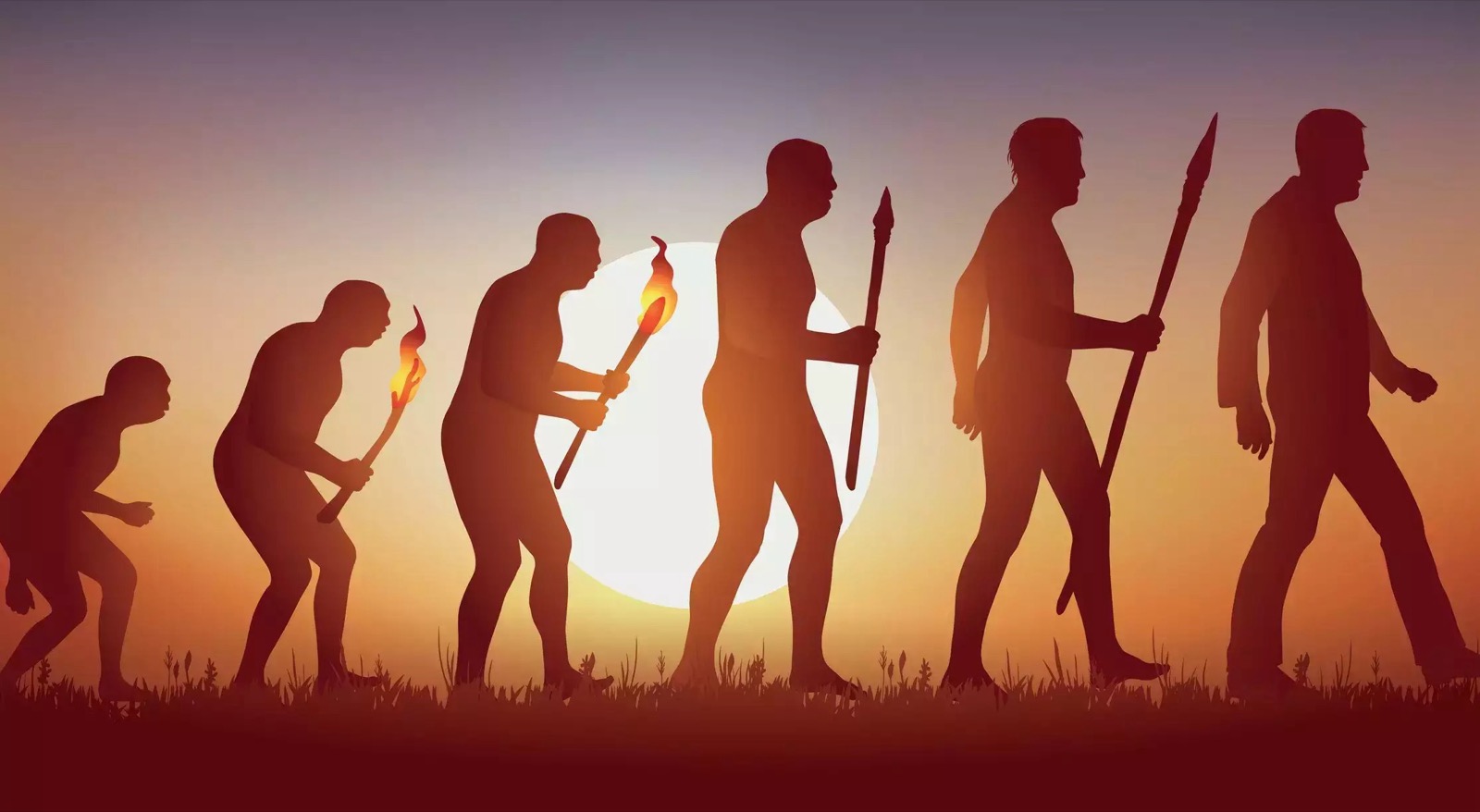
Evolution Quiz
Ever wondered how life on Earth began? Why we went from ocean-dwelling creatures to animals that roamed ancient forests and even took to the skies? Evolution is a journey that took billions of years, turning simple organisms into the incredibly diverse species we see today—and it's still happening! Think of this quiz as a backstage pass to Earth's greatest show. Get ready to learn how life changed, adapted, and evolved to survive and thrive.
This evolution quiz will take you on a whirlwind tour of everything from the very first life forms to the surprising creatures of prehistoric times and beyond. Along the way, you'll find answers to some intriguing questions. For instance, did you know that insects were once huge? What were the earliest plants in Earth's history? Which species laid the foundation for vertebrates (yep, that includes us)?
We'll also cover some frequently asked questions on evolution. So, sit back, learn a bit, and see if you can beat your friends in becoming an evolution expert!
How Did Evolution Start?
The beginning of life on Earth started more than 3.5 billion years ago. At first, these weren't animals as we think of them. Early life started with single-celled organisms that thrived in the oceans. Over millions of years, some of these cells began to form groups, evolving into more complex life. The next big leap? Animals with actual structures, like the earliest type of animal sponges. Yes, sponges paved the way for all animals we know today!
The Rise of Plants and Oxygen
Plants had their own origin story. The earliest plant life also began in water, with algae. As plants evolved, they adapted to life on land and had a huge impact on Earth's atmosphere. With plants like ferns and mosses growing on land, oxygen levels soared, which set the stage for other life forms to grow larger and more complex.
Fun fact: Did you know that grass was one of the last types of plants to appear?
The First Vertebrates
After animals took root in the oceans, some developed backbones and became the first vertebrates. Fish were the pioneers here, but over time, vertebrates evolved to live on land and even in the air! This shift allowed animals to diversify and inhabit every corner of Earth. But it was the humble amphibians that were among the first animals to make the jump from water to land.
Giant Insects and Ancient Oxygen Levels
Did you know that millions of years ago, the atmosphere had way more oxygen than it does today? This made it possible for insects to grow to enormous sizes. Imagine dragonflies with wingspans as long as a modern bird! It was a strange and fascinating time when insects ruled the skies.
FAQs About Evolution
1. What is evolution?
Evolution is the process by which species change over time through adaptation and natural selection. This means that traits which help species survive tend to stick around.
2. How long does evolution take?
Evolution usually takes thousands to millions of years. It's a gradual process, but with fossil records, scientists can trace these changes.
3. Are humans still evolving?
Yes, humans are still evolving. Although we don't experience drastic changes like growing wings, subtle changes continue to happen in our genetics.
4. Why did some animals go extinct?
Animals go extinct for many reasons: natural disasters, climate shifts, and competition from other species. Some events, like asteroid impacts, wiped out entire groups, like the dinosaurs.
How to Take The Evolution Quiz
Here's how you can get started with the quiz. Along with each question, you'll get explanations for correct answers, so you can learn as you go. And if you're competitive, there's a bonus: finish the quiz to score points and climb our leaderboards!
- Click the "Start Quiz" button on the page.
- Read each question carefully and select the answer you think is correct.
- If you're unsure, take a guess—you'll learn the correct answer right after.
- Each question is multiple choice, so even if you're stumped, you have at least a 25% chance of guessing right!
- Keep an eye on your score and aim for the top of the leaderboard.
Ready to Test Your Evolution Knowledge?
So, how well do you know the story of life? You don't have to be an evolution expert to have fun and learn a few surprising facts along the way. This quiz will walk you through fascinating facts about Earth's early life and the species that defined each era. See if you can guess which animals first stepped onto land, why certain plants were late to the party, and which environmental changes influenced evolution.
Good luck—and may the most curious win!
Enjoy Quizly? Upgrade to Premium for an ad-free experience and exclusive features.
Get PremiumEvolution Quiz Questions
What is the main idea of evolution?

Life stays the same
Species change over time
Plants evolved first
The way the universe began
Who is known as the father of evolutionary theory?
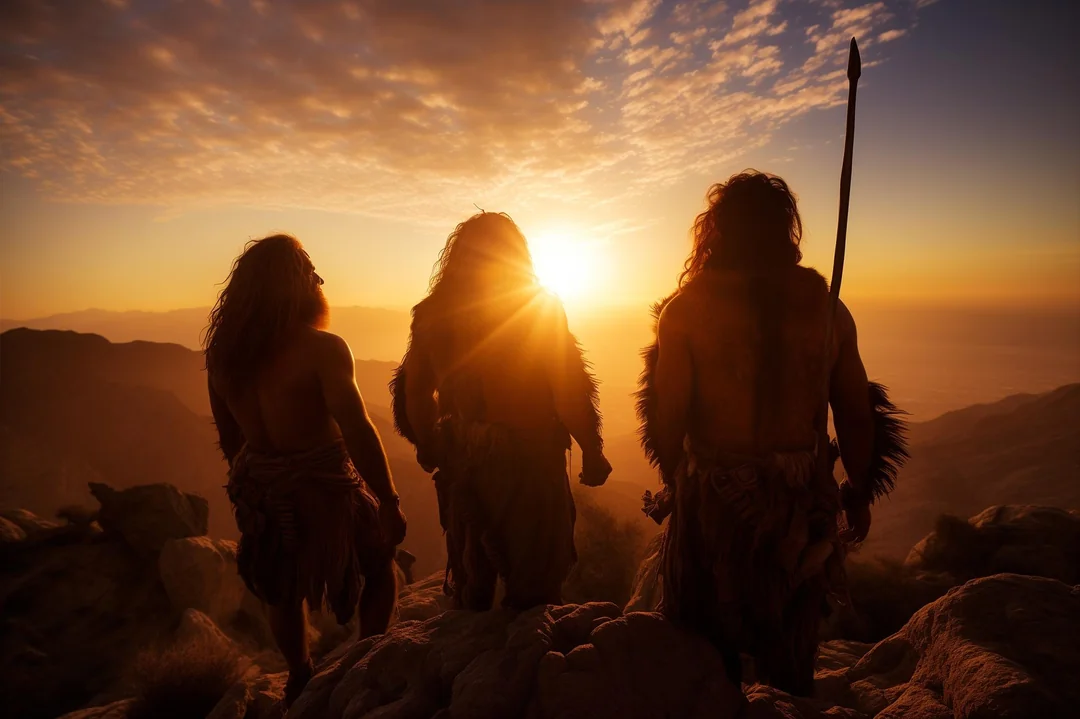
Charles Darwin
Albert Einstein
Isaac Newton
Leonardo da Vinci
Which era is known as the 'Age of Reptiles'?
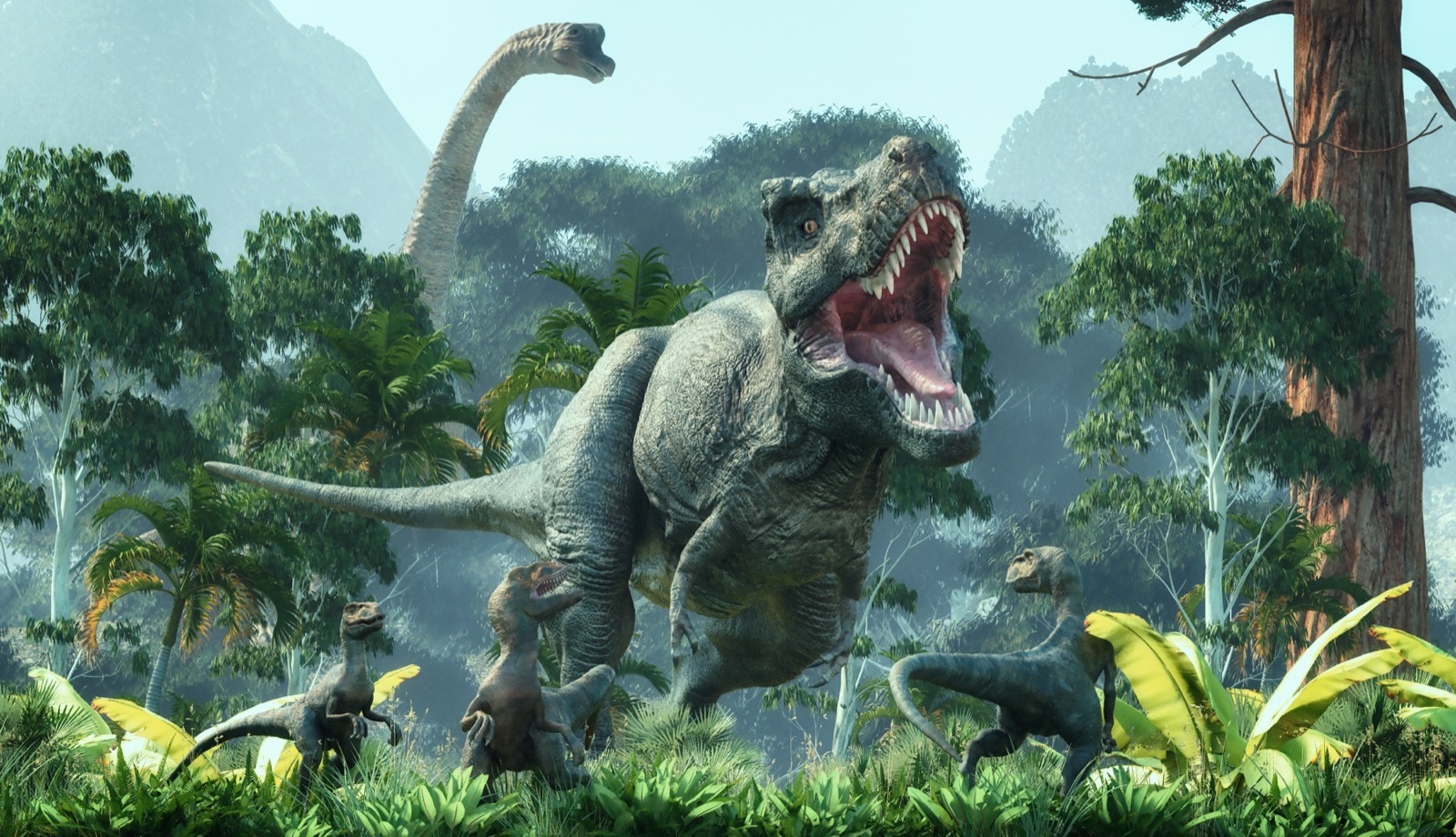
Paleozoic
Cenozoic
Cambrian
Mesozoic
Can you guess which of the following is believed to be one of the earliest types of animal species on Earth?
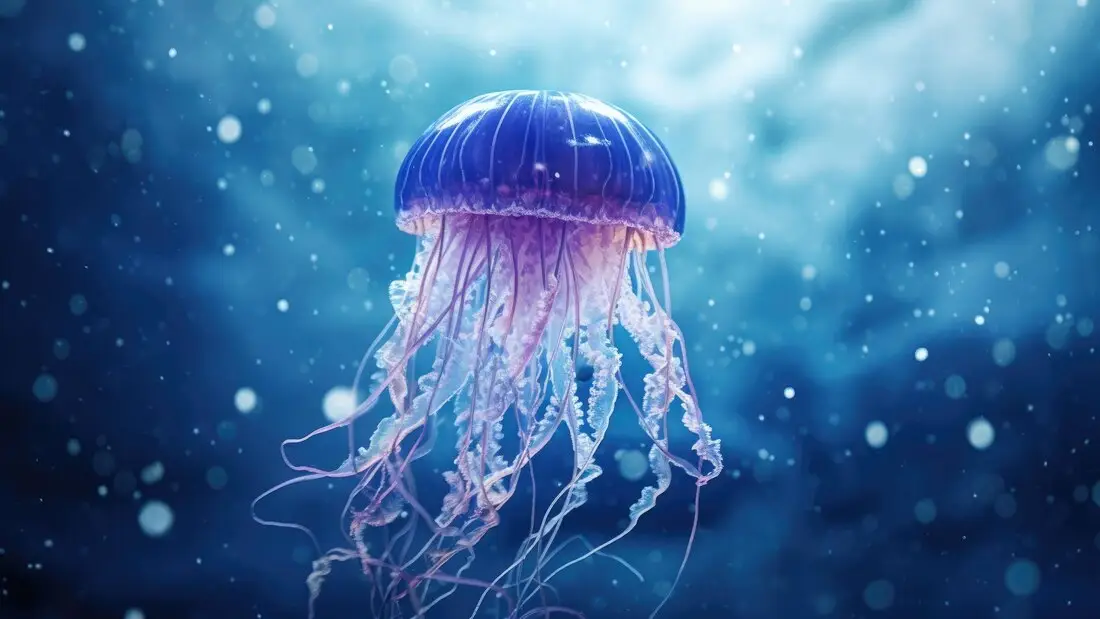
Reptiles
Sponges
Fish
Amphibians
Which group of animals is known for being one of the first to evolve with a backbone?
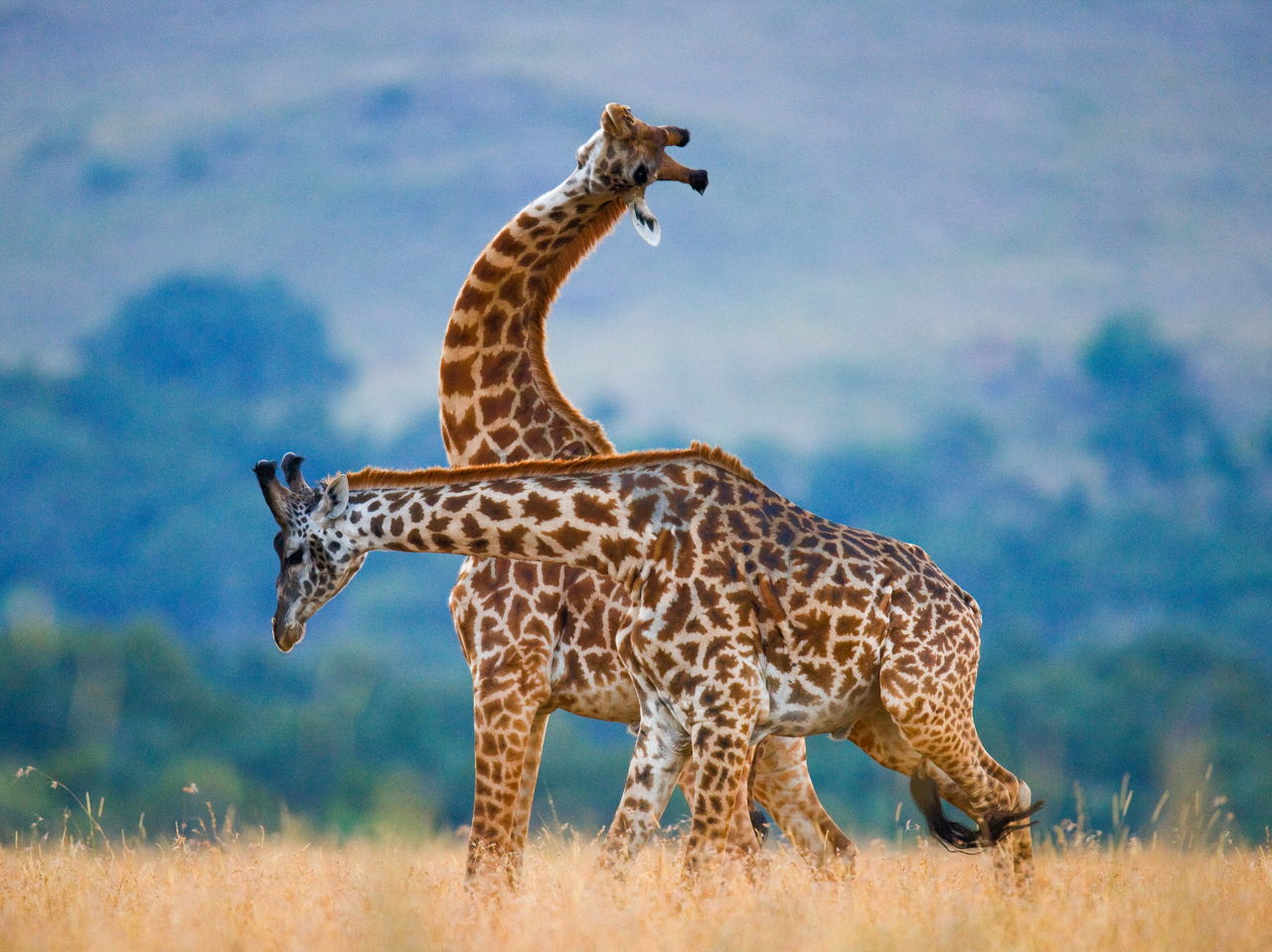
Fish
Mammals
Insects
Birds
Can you guess which of the following types of plants appeared last in evolutionary history?
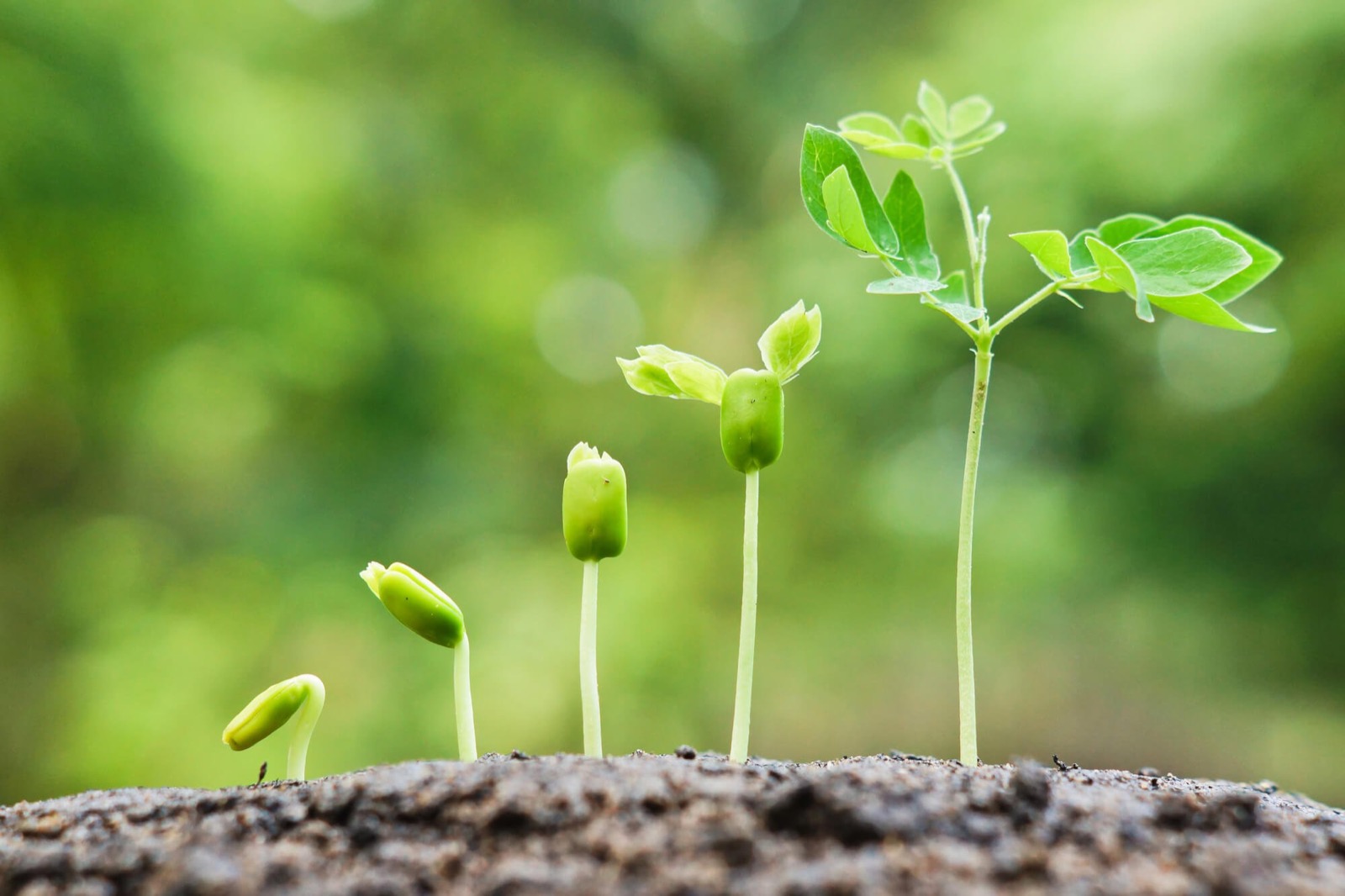
Trees
Mosses
Grass
Ferns
Why were some prehistoric insects, like dragonflies, able to grow much larger than they are today?
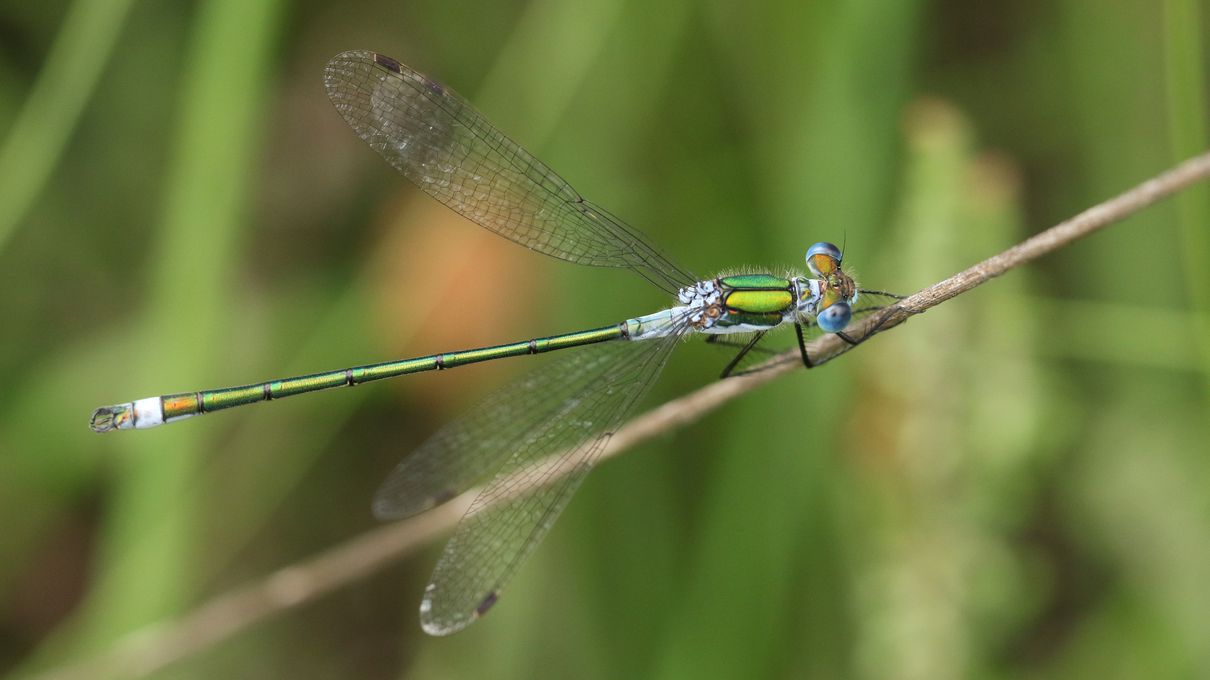
Warmer climate
Larger food supply
Faster reproduction rates
Higher oxygen levels in the atmosphere
What was one of the first groups of vertebrates to develop the ability to live on land?
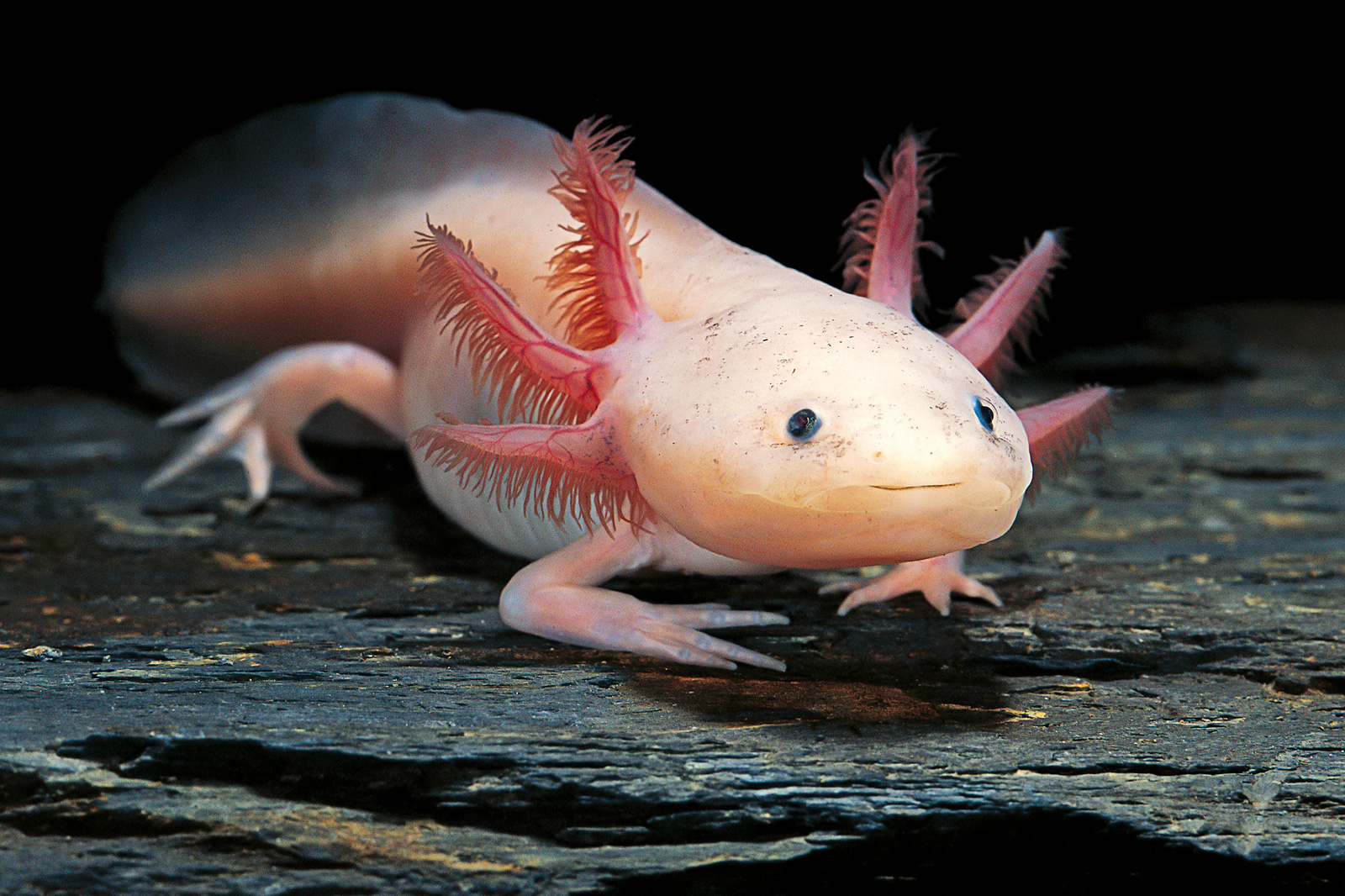
Insects
Birds
Fish
Amphibians
Which species is the closest living relative to humans?
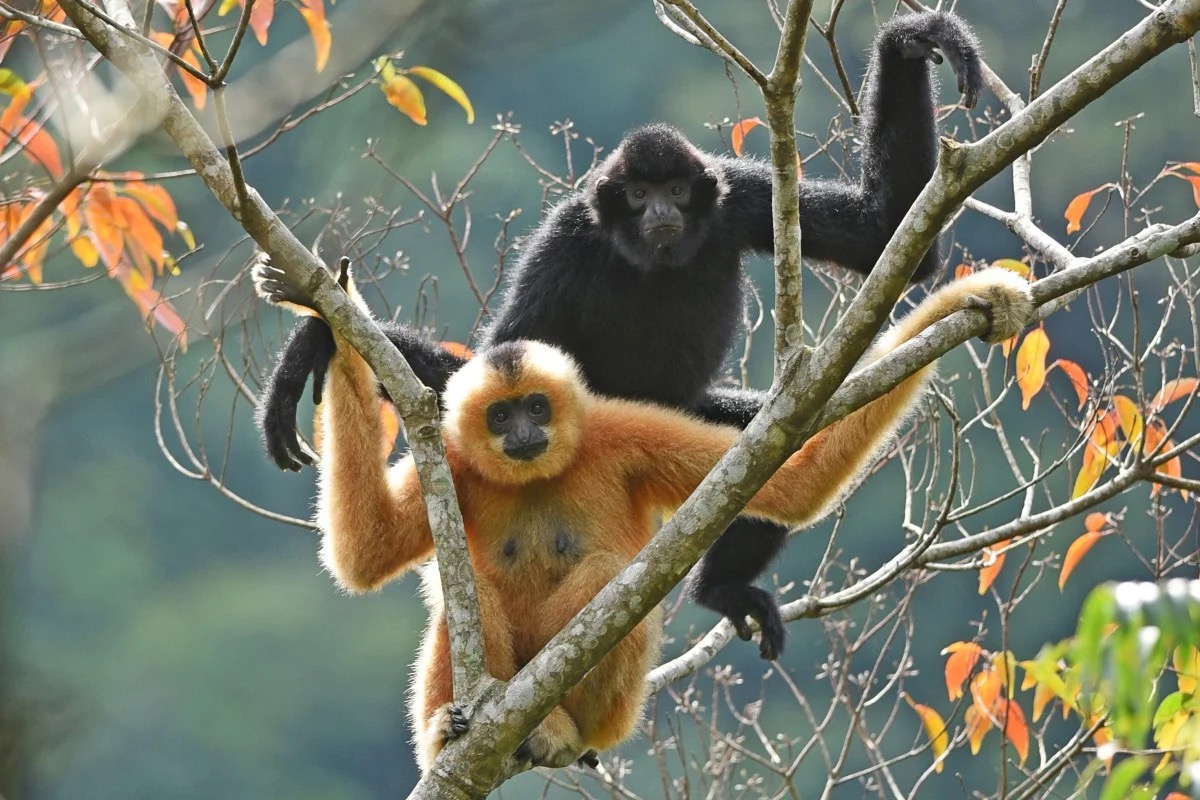
Chimpanzee
Bonobo
Gorilla
Orangutan
What is a fossil?
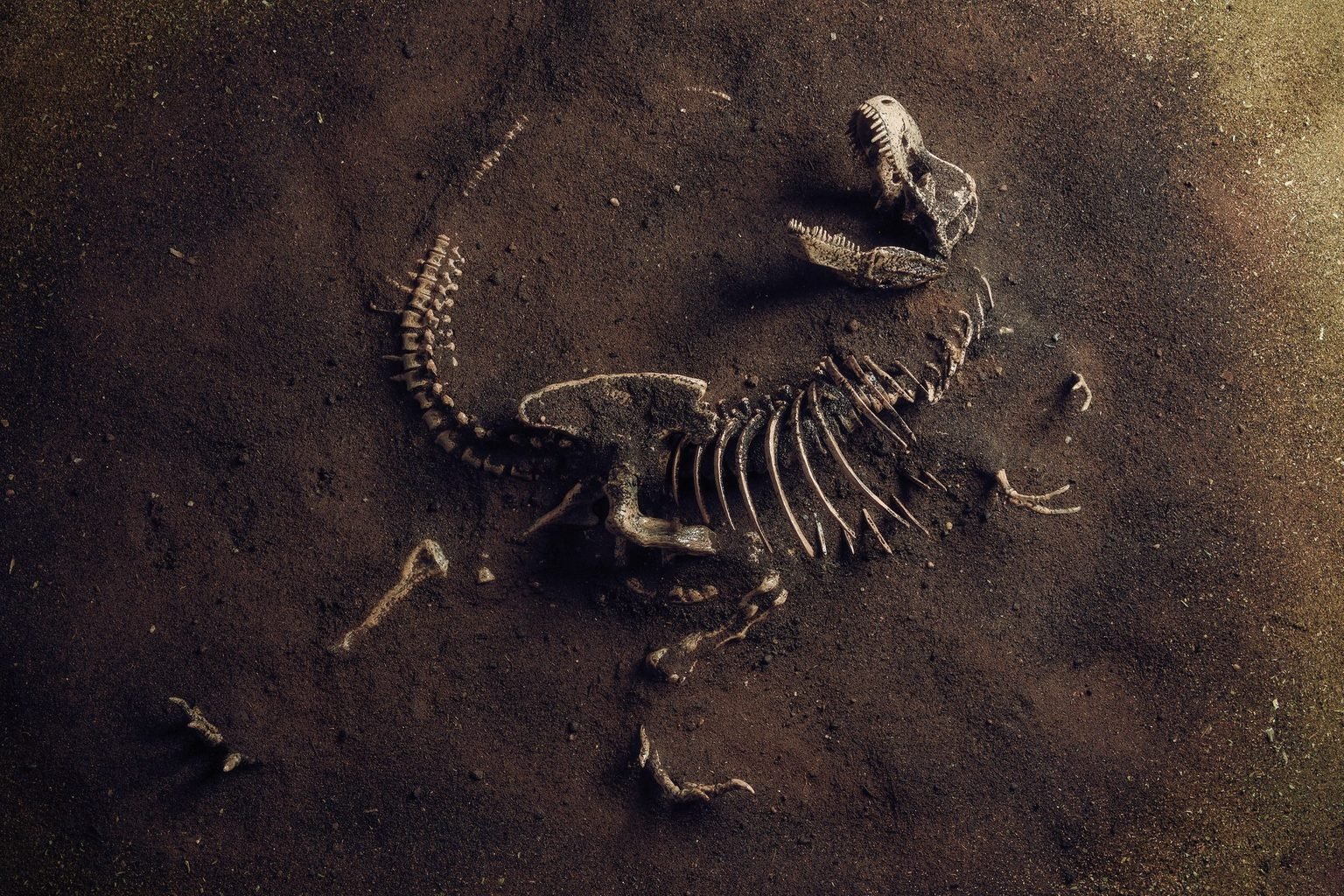
Type of plant
Rock formation
Modern organism
Remains or traces of ancient life
What is the study of fossils called?
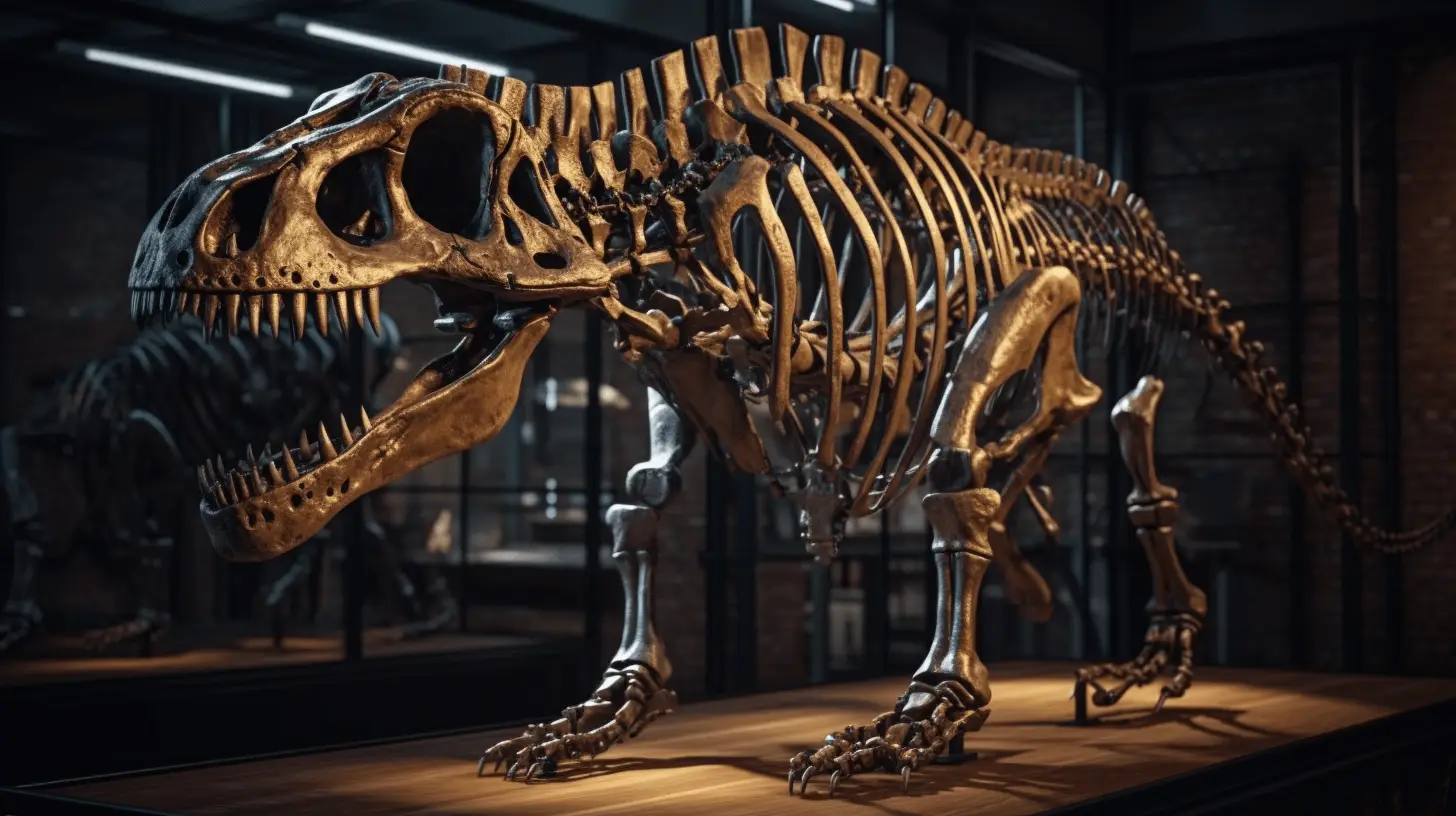
Geology
Paleontology
Anthropology
Archaeology
Which of these is a key mechanism of evolution?
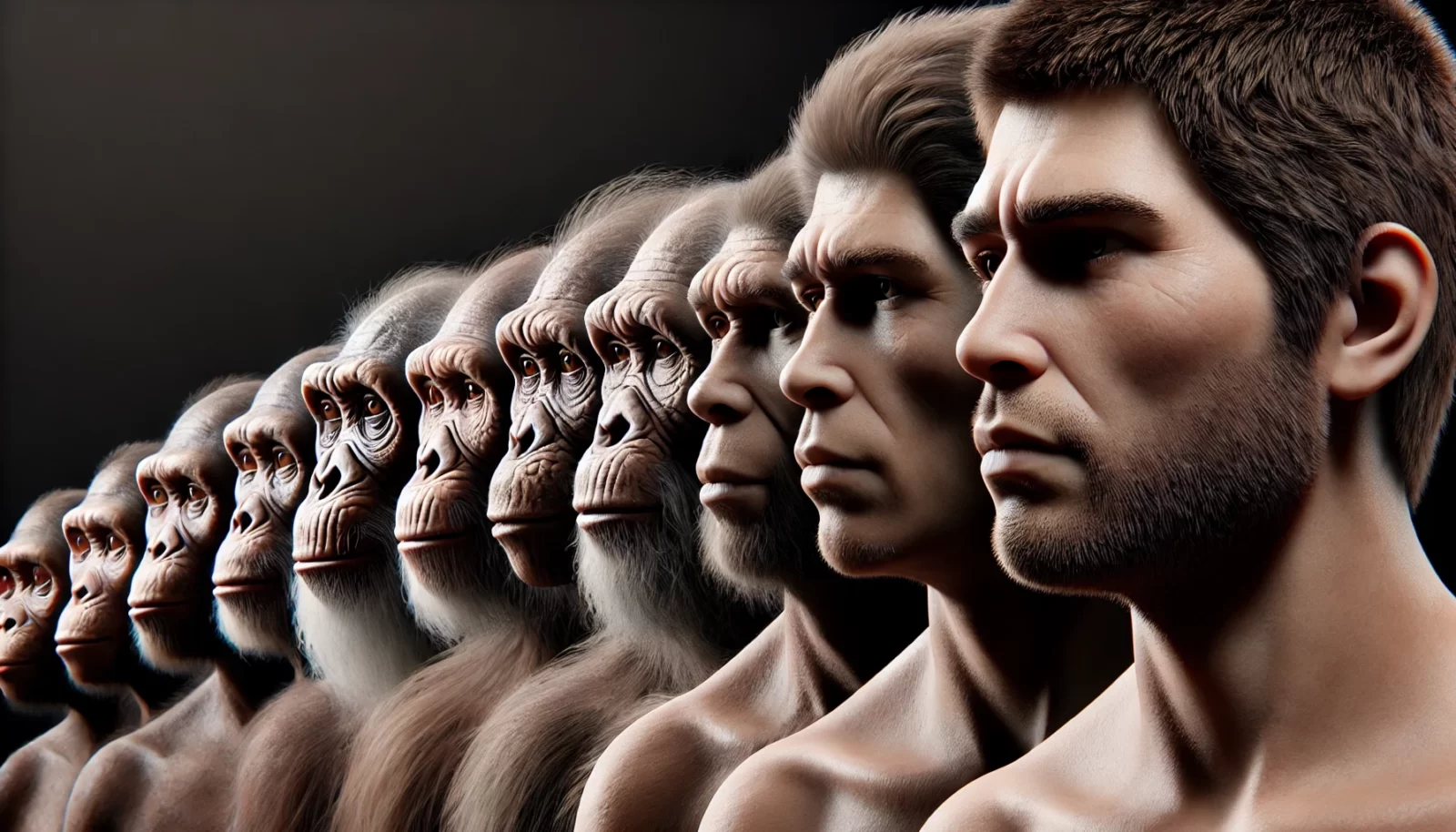
Cell division
Natural selection
Photosynthesis
Osmosis
You may have heard of the phrase "survival of the fittest". What does 'fitness' mean in evolution?
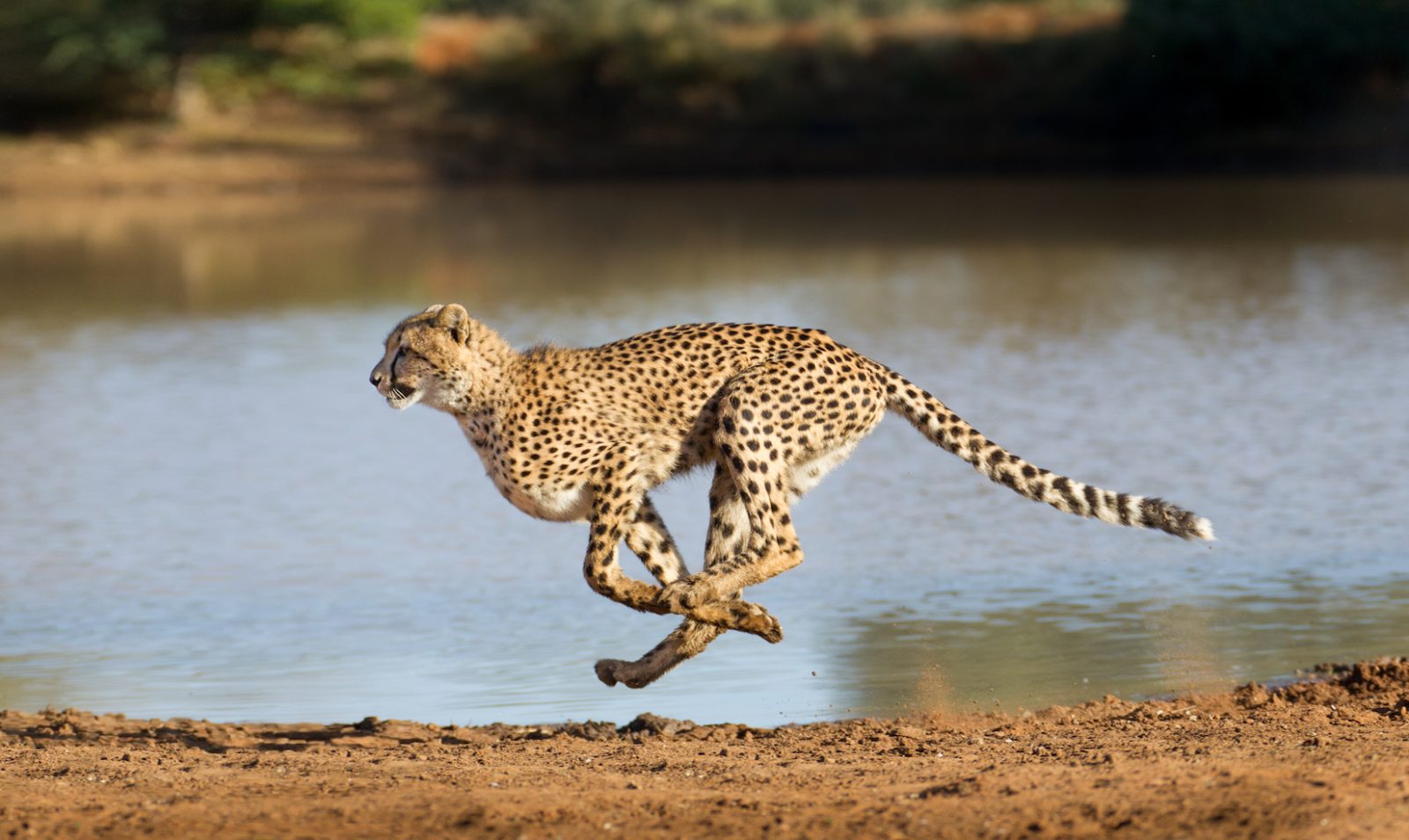
Physical strength
Adaptability to climate
Longevity in years
Ability to survive and reproduce
True or false: Natural selection always "selects for" traits that are beneficial to the individual's survival.

True
False
What is adaptation?
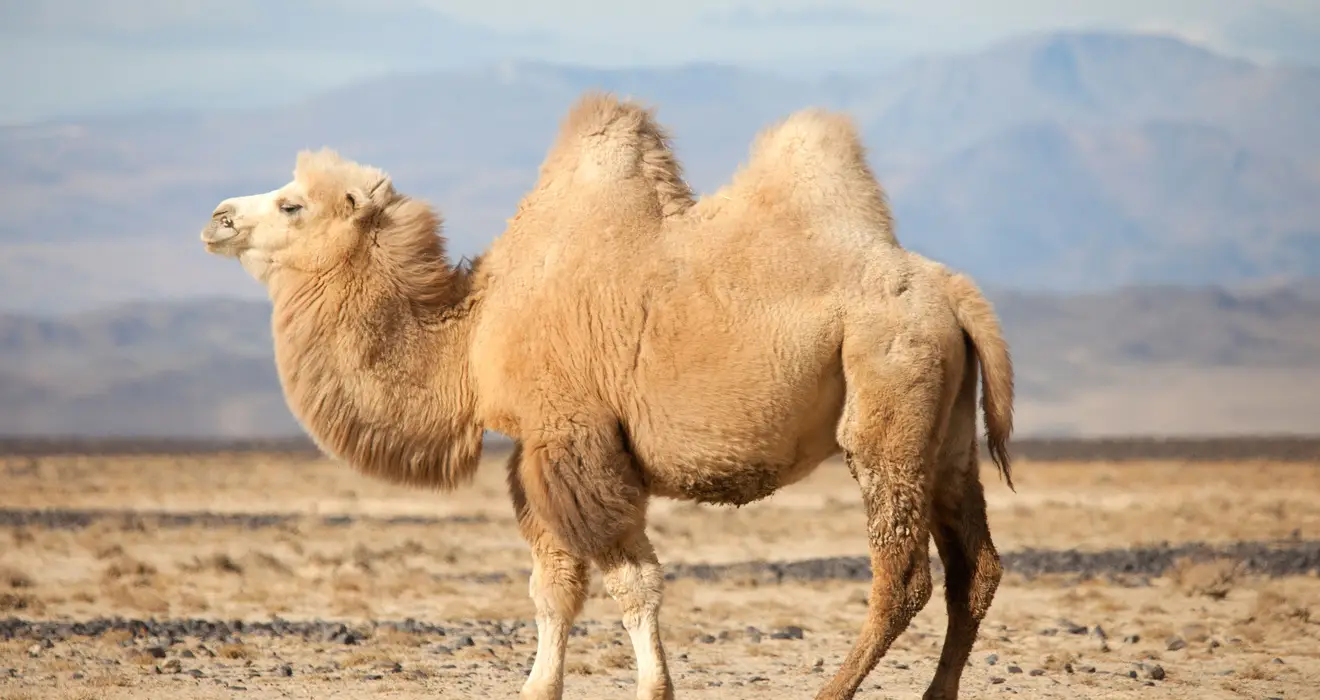
A random change
A type of cell
A learned skill
A trait that helps survival
Which of these is NOT an example of adaptation?
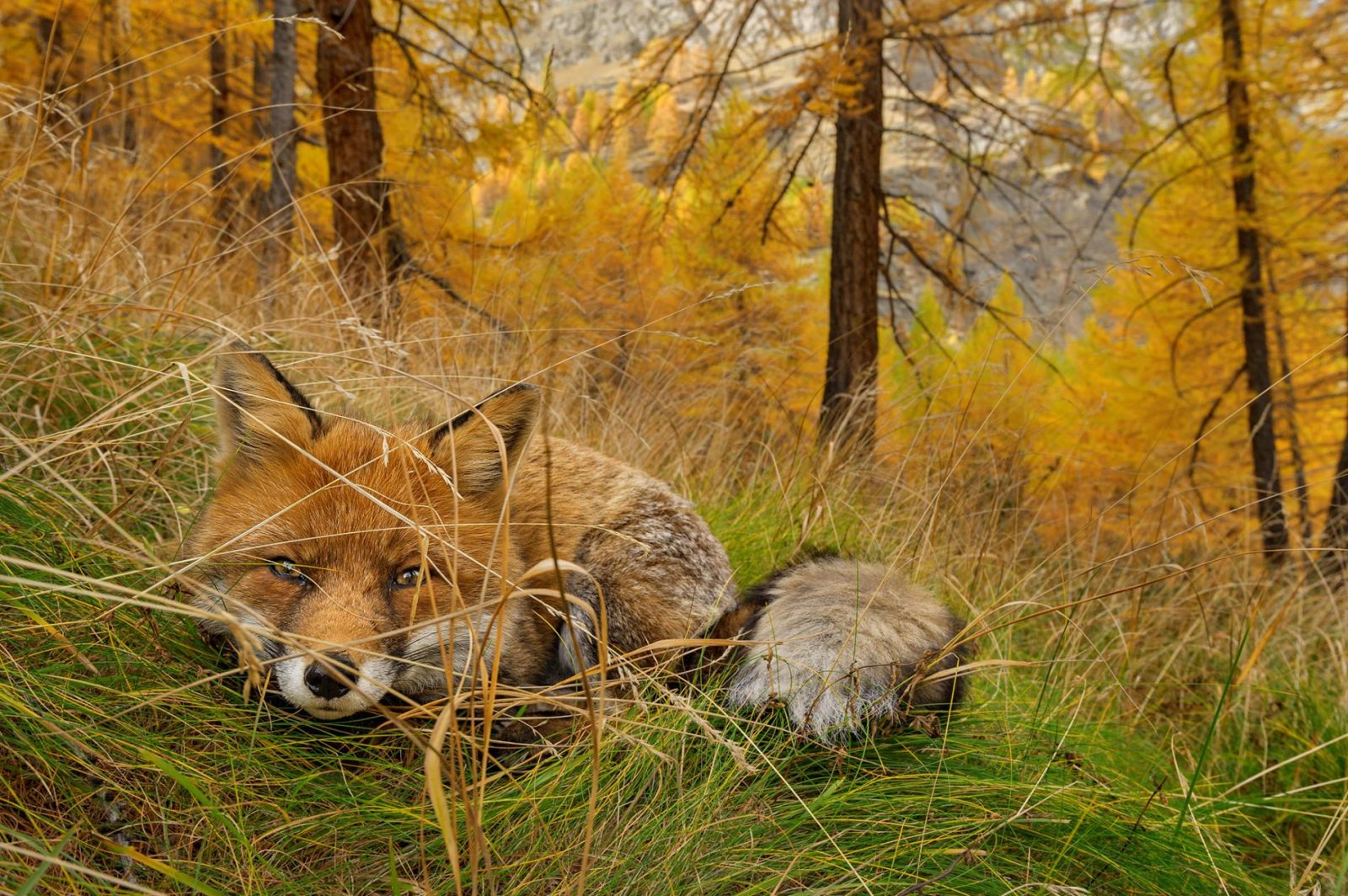
A camel's hump storing fat
Blue eye color in humans
Thick fur in Arctic animals
Webbed feet in aquatic birds
Which molecule carries genetic information in organisms?
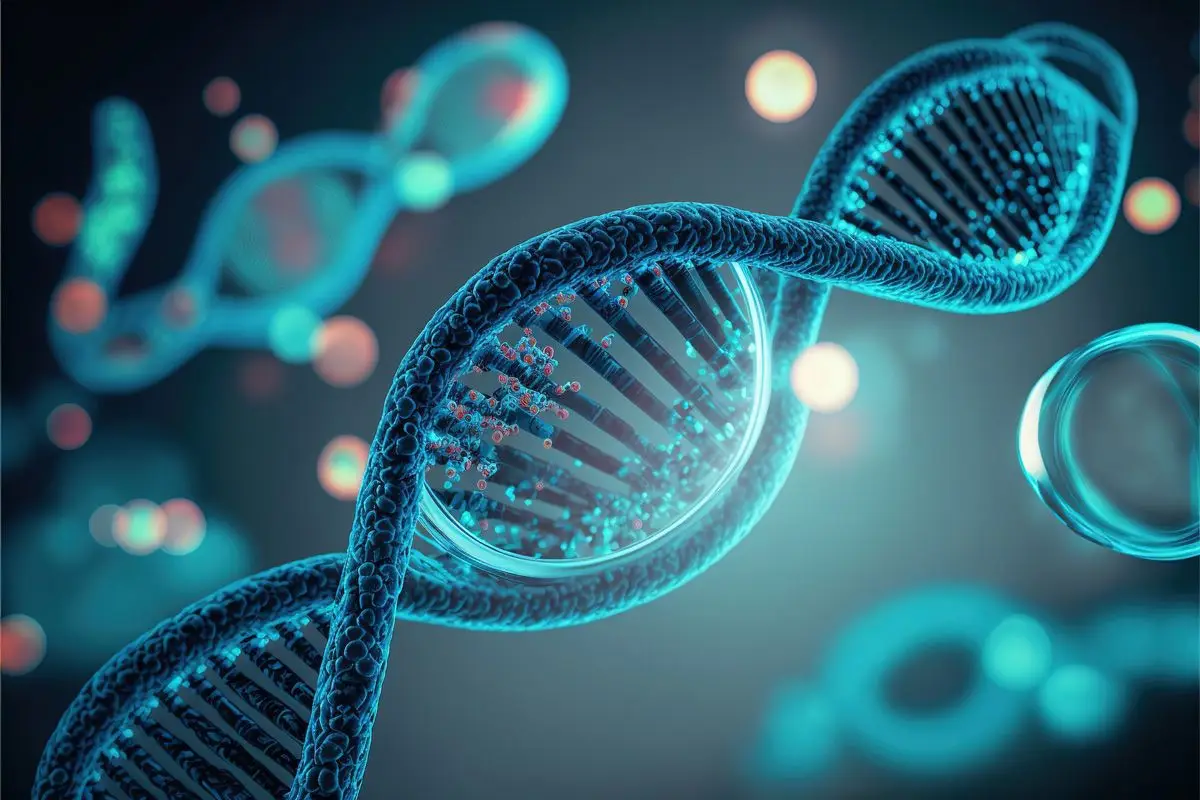
Cells
Protein
DNA
Lipids
How can mutations affect an organism?
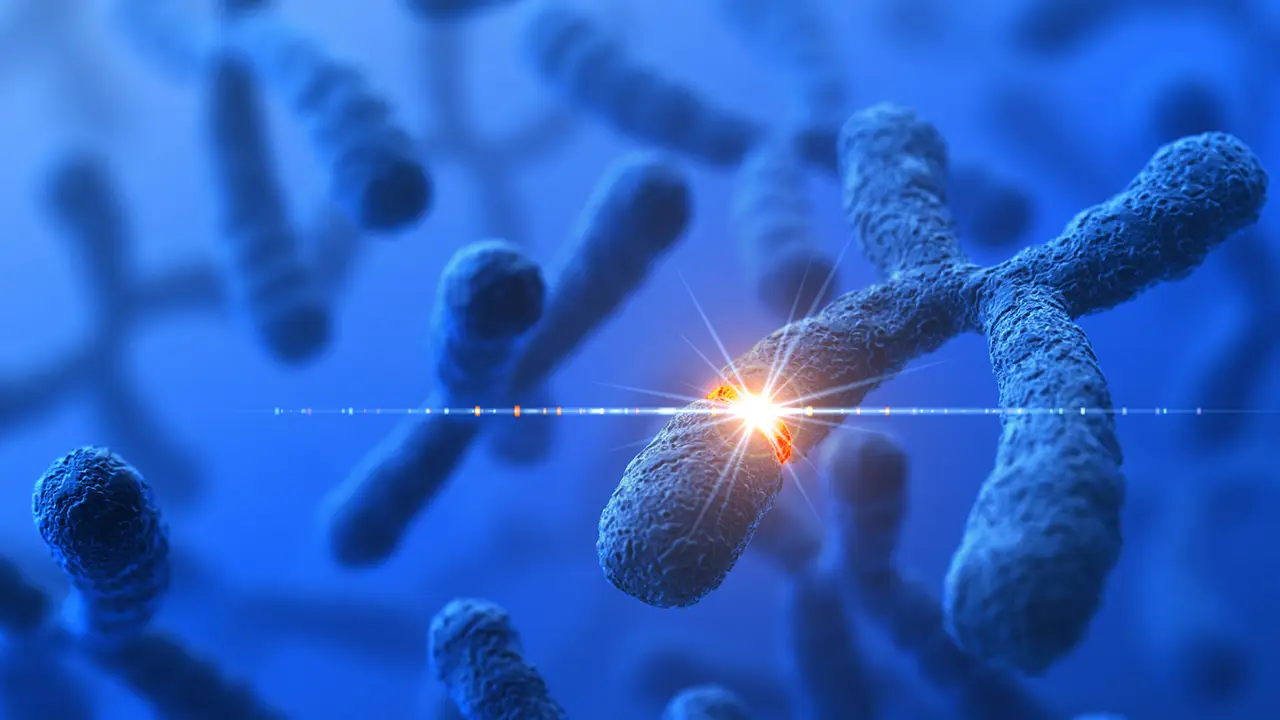
They have no effect
They always harm
They always help
They can help or harm
Who is known for discovering the fundamental laws of inheritance?

Alfred Russel Wallace
Charles Darwin
Francis Crick
Gregor Mendel
What type of plants did Mendel study to learn about traits?

Orchid
Common poppy
Garden pea
Tomato

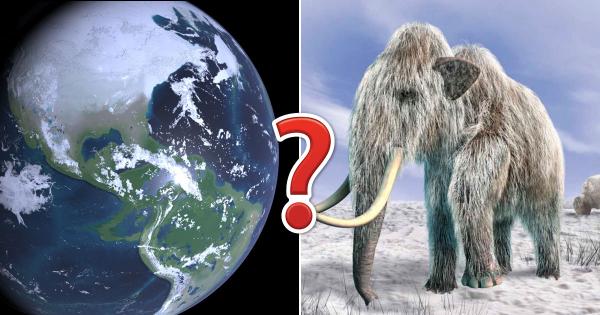
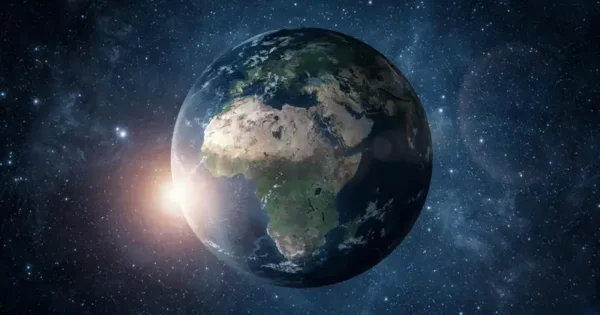

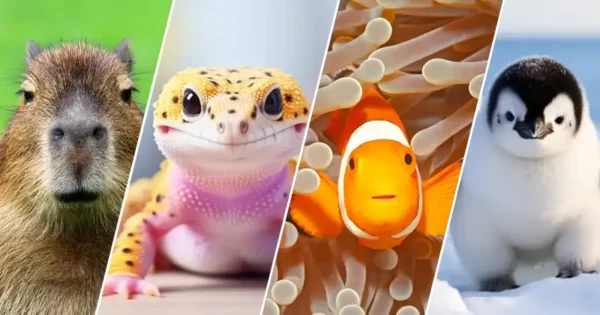


16 Comments
I got 9 out of 20!
Good effort! You have a basic understanding of evolution, and with a little more knowledge, you’ll be well on your way to mastering it. Keep up the curiosity!
15/20
12/20
19/20
10 / 20 50%
19/20
12/80
20/20!!
saw you took this quiz Leo. I got 11/2 :O
Got 19/20
I hope you had a good day btw.👍
ty I did
Hi bestie I got 13/20
My result is better than the one I thought I would get
hiiiiiii 😀
9/20 👍🏻
13/20
20/20